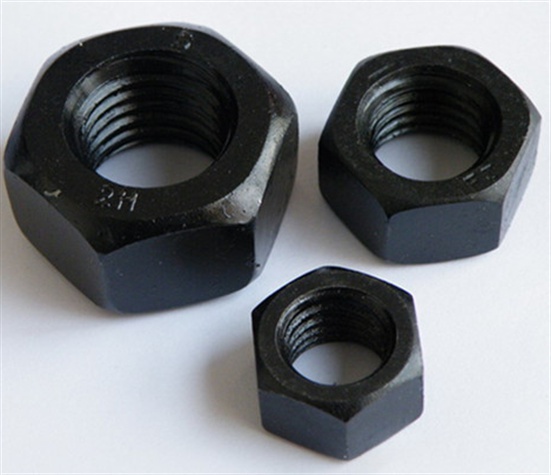Hex Nut: The Unsung Hero of Mechanical Fastening
2025-06-17
When it comes to assembling machinery, furniture, or construction projects, one small but mighty component often gets overlooked—the hex nut. Despite its simple design, the hex nut plays a crucial role in holding parts together securely and reliably.
In this blog, we’ll explore what hex nuts are, their types, applications, and why they remain a staple in fastening solutions worldwide.

What Is a Hex Nut?
A hex nut is a six-sided (hexagonal) fastener with an internal thread that pairs with a bolt, screw, or threaded rod. Its primary function is to secure components by tightening onto the mating thread, creating a firm and adjustable connection.
The hexagonal shape allows easy gripping and turning using wrenches or sockets, making installation and removal efficient.
Types of Hex Nuts
Standard Hex Nuts: The most common type used in general applications.
Lock Nuts: Designed with nylon inserts or deformed threads to resist loosening from vibration.
Flanged Hex Nuts: Feature a built-in washer flange to distribute pressure and prevent damage.
Jam Nuts: Thinner nuts used as a locknut when paired with a standard hex nut.
Heavy Hex Nuts: Larger across-flats size for heavy-duty applications.
Materials and Finishes
Hex nuts are made from various materials depending on the application, including:
Steel: The most common, often zinc-plated or galvanized for corrosion resistance.
Stainless Steel: Offers excellent rust resistance, ideal for outdoor or marine use.
Brass and Aluminum: Lightweight and corrosion-resistant for specific environments.
Nylon Insert: Used in lock nuts for vibration resistance.
Common Applications of Hex Nuts
Machinery assembly
Automotive industry
Construction and infrastructure
Furniture manufacturing
Electronics and appliances
Why Choose Hex Nuts?
Versatility: Suitable for countless fastening needs across industries.
Ease of Use: Simple installation with standard tools.
Strength and Reliability: Provides secure fastening under various loads.
Cost-Effective: Inexpensive and widely available.
Tips for Using Hex Nuts
Use the correct size wrench to avoid rounding the nut corners.
Consider lock nuts or thread-locking compounds in high-vibration environments.
Always pair hex nuts with matching bolts or screws for proper threading.
Inspect for wear or damage during maintenance to ensure safety.
Final Thoughts
Though small and often unnoticed, hex nuts are fundamental components in countless mechanical and structural assemblies. Their straightforward design, reliability, and adaptability make them indispensable in both everyday and specialized applications.
Next time you tighten a bolt, remember the humble hex nut working behind the scenes to keep everything together!


